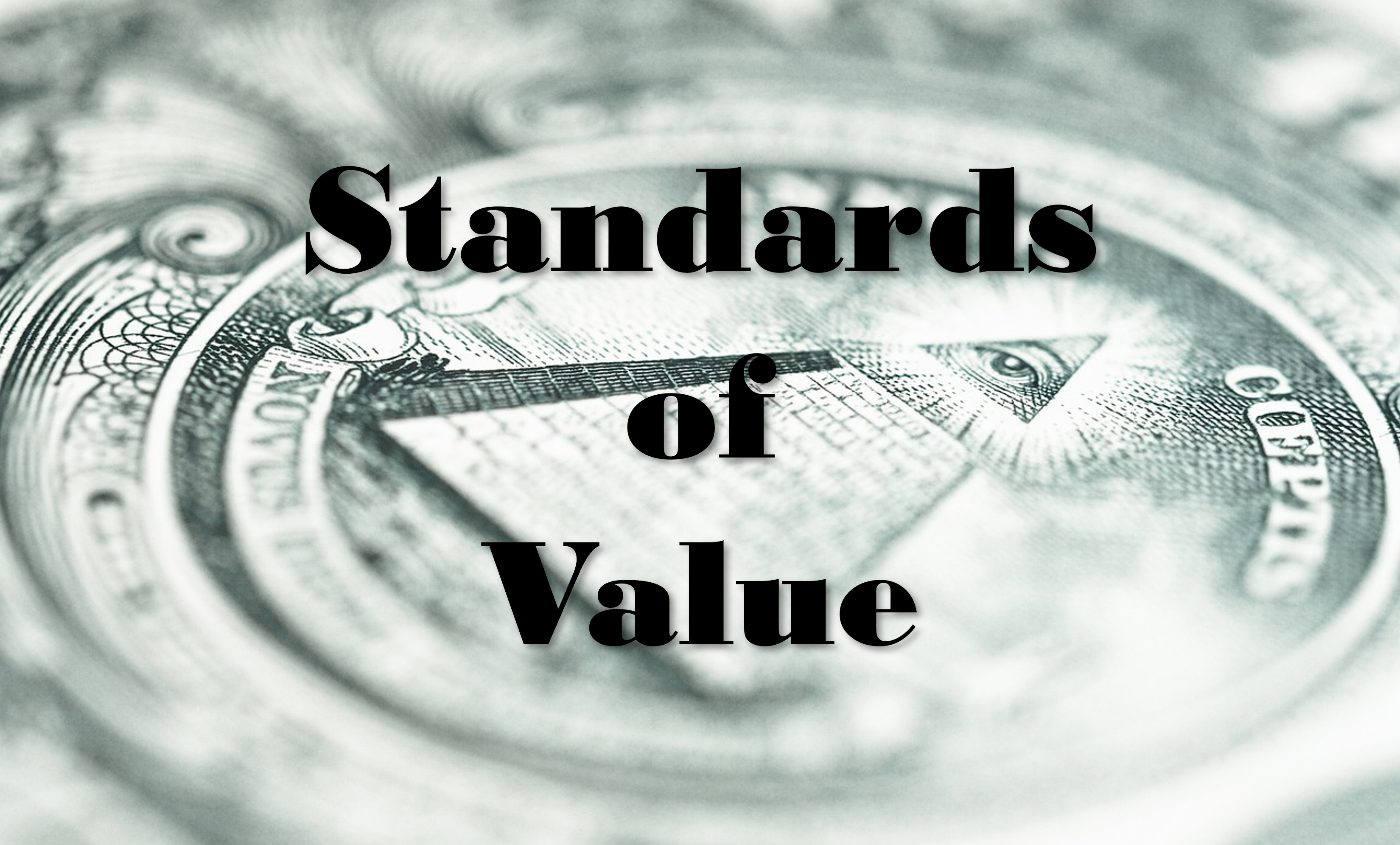What is it?
At the end of the day, a valuation exercise is about price discovery. The price of something is a critical fulcrum by which the allocation of scarce resources is determined. Therefore, the determination of price by bottom up (and competing) forces is an essential ingredient for arriving at efficient prices. Central top down planning of prices results in situations where equivalent value is assigned between square wheels and round wheels.
In public markets, the collective opinion of thousands, millions, billions, etc (depending on the market) come together to establish a market price. The fact that trillions of dollars of securities are priced everyday highlights the worldwide demand to know the price of something.
In private markets, the principle is the same but the logistics are different. For example, pricing occurs in a wide range of intervals (monthly, quarterly, annually, on demand etc.).
At the very microscopic level, price determination is a negotiation between diametrically opposed parties: the buyer and a seller. It is in the best interest of each party to convince the other that their assessment of price is the ?correct one?. Both parties need to think that the ultimate settlement price must have a basis in sound and reasonable judgment. Otherwise, any one party could walk away and seek out a more amicable party. It would a buyers dream for the seller not to have any independent view of price which gives the buyer significant negotiating leverage since the seller has no anchor by which to set a price. Ultimately, it is a negotiation on whose basis of price is superior tempered by each parties? unique incentives. If the negotiation of price is like poker then it would be to one?s significant detriment not to learn the rules, strategies, skills, etc.
Why should I care?
If you believe that the tens of thousands of people over hundreds of years that have made and lost fortunes is not a compelling enough reason to appreciate the importance of valuation, then I have a bridge to sell you
Effectively, history is littered with the hopes and dreams of people that simply took the stated value of something without a qualified independent opinion.
The following is but a small list of financial bubbles that occurred over the past 300 years where the ultimate discrepancy between pre-established prices and ultimate value were Olympian. The resolution of this difference resulted in massive amounts of capital destruction.
- South Sea Bubble (1710-1720)
- First British Railway Boom (1845)
- US Railway Boom (1873)
- US Equity Bubble (1920s)
- Conglomerate Mergers Boom (1960s)
- Japanese land and equity Bubble (1980s)
- Technology Bubble (1990s)
- Credit and Housing Bubble (2000s)
The following is but a small list of individuals who created their massive wealth by exploiting the mispricing between prevailing prices and actual value i.e. their valuation analysis significantly differed from the overall market and they bet significant amounts of money on that divergent opinion.
- Walter Schloss
- Benjamin Graham
- Warren Buffett
- Charlie Munger
- Henry Singleton
Both history and the billions of dollars made by those with (at the time) divergent opinions illustrate that the opinion of value can wildly differ and that fortunes have been made and lost on differences in those opinions.






